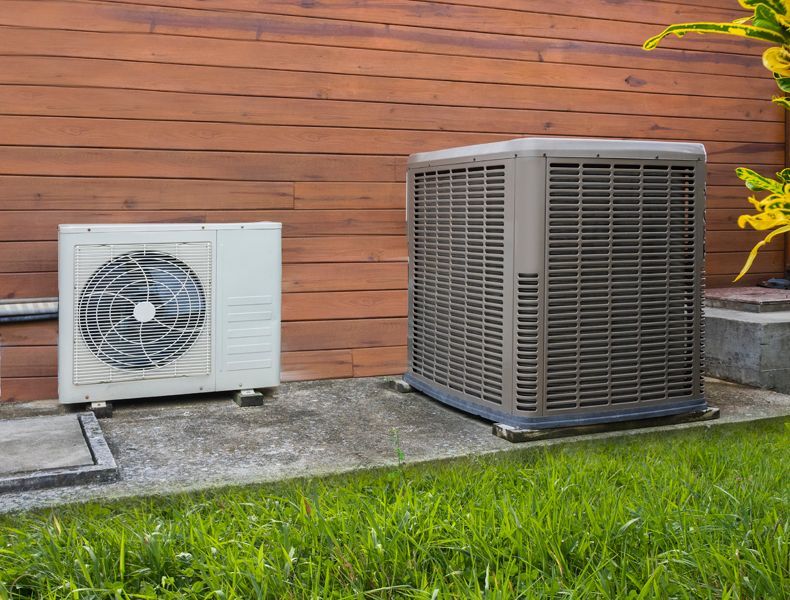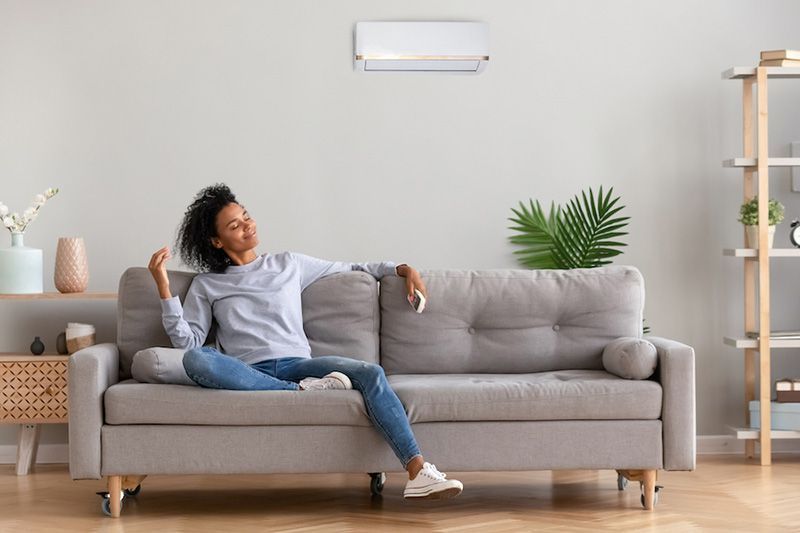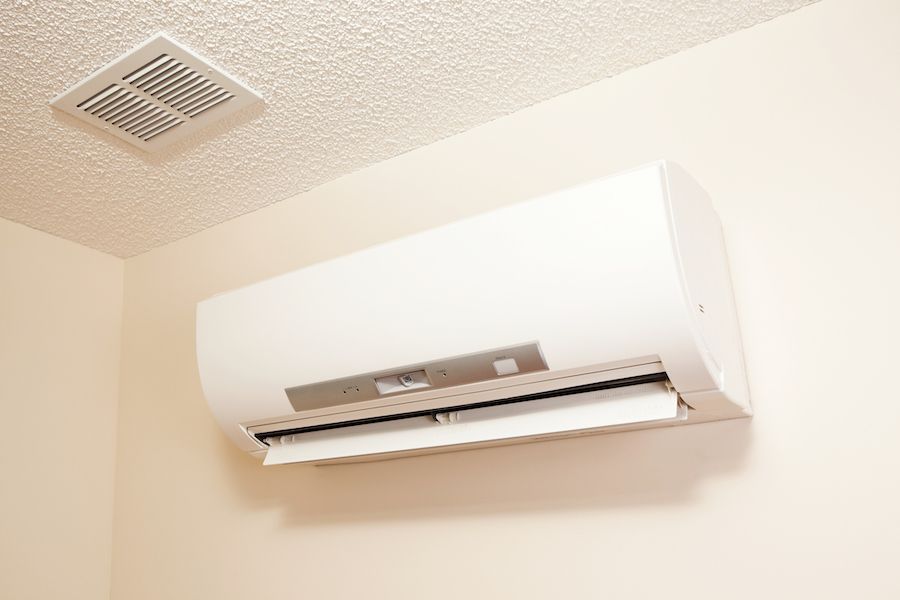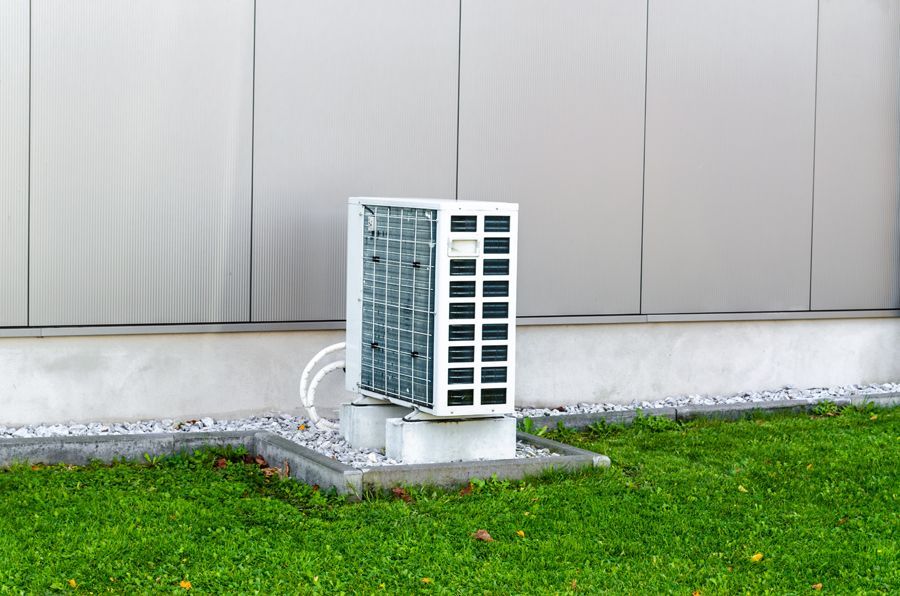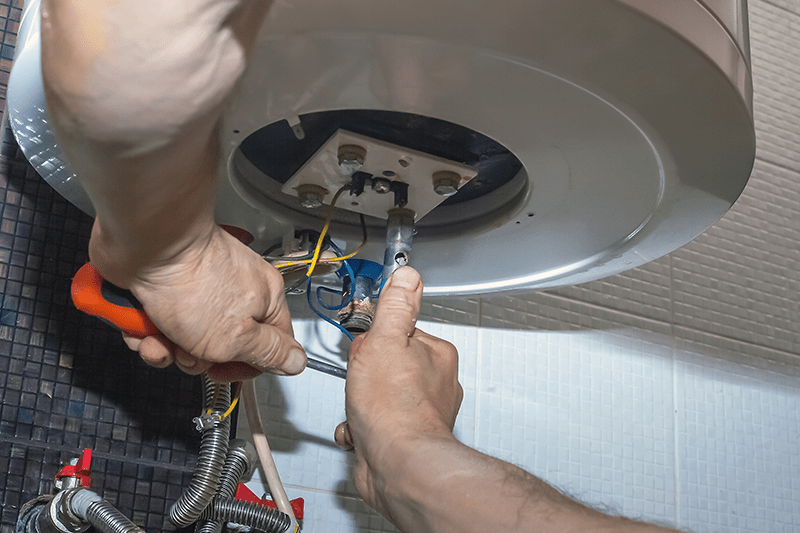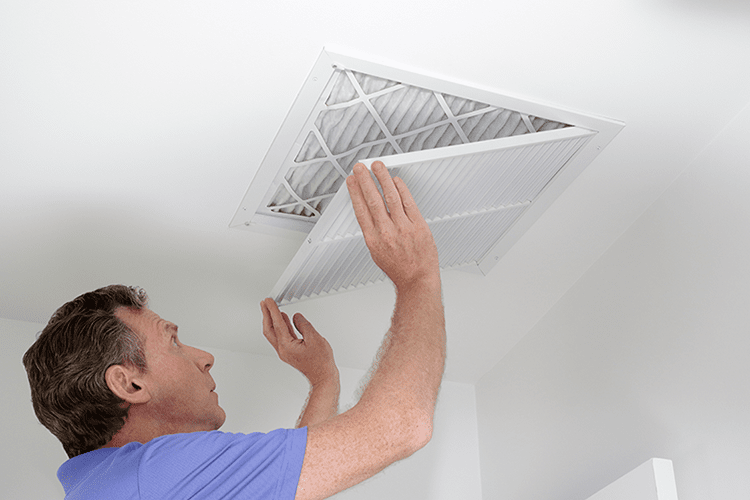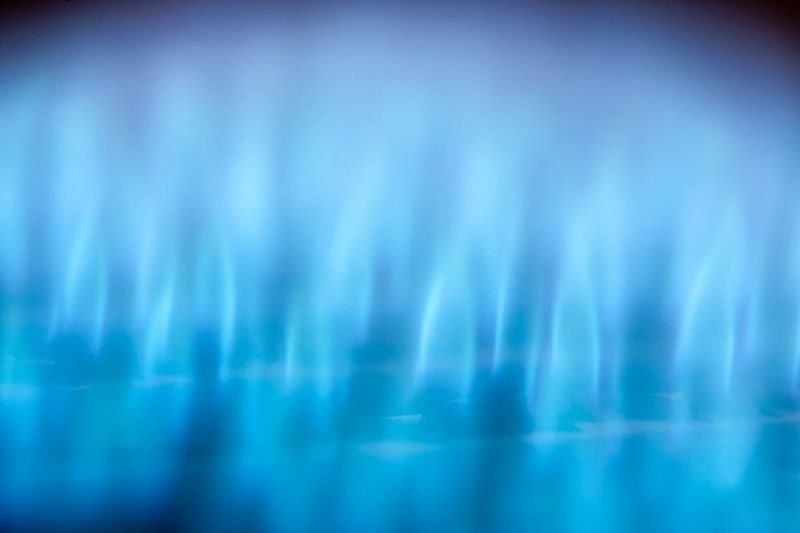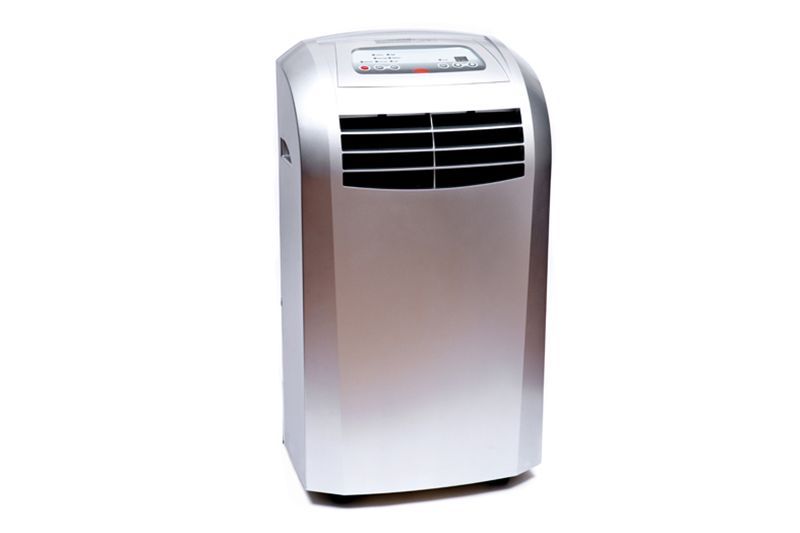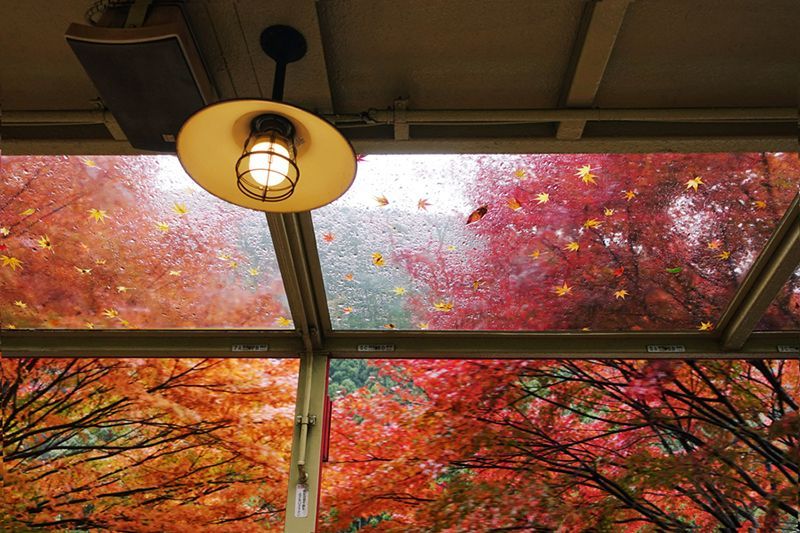Saving Money on Your Business’s HVAC System
Making your work environment comfortable is the key—but it can get expensive.
Data from the U.S. Department of Energy (DOE) shows that heating and cooling costs make up 40 percent of the energy bill for the average commercial building.
We know what you’re looking for: predictable, reasonable energy costs without compromising indoor air quality (IAQ) and comfort. That’s why ACS Air Conditioning Services is pleased to install efficiency features for our Arizona business partners.
Here are some options to help you save money.
What Are Economizers?
In residential settings, you have the option to crack a window when the air becomes stuffy. However, commercial spaces like shops, offices, restaurants, and manufacturing facilities are often larger. As a result, they won’t cool down as easily.
Economizers offer the perfect solution. Through a series of fans and vents, economizers evenly distribute air from the outdoors into your Marana business. When it’s 60 to 69 degrees Fahrenheit outside, the economizer will automatically turn on.
Doing so saves you money in two ways. It reduces energy consumption, leading to lower utility bills. It also reduces the burden on your air conditioner (AC). That means your AC unit will last much longer due to lighter use and is less likely to need repairs or parts replacement.
Single Enthalpy Economizers use a single humidity sensor to determine if the air outdoors is balanced enough to cool your business. An enthalpy is a heat-measuring unit used in chemistry.
Differential Enthalpy Economizers use more than one sensor to detect humidity in the air. They offer a more accurate picture than their single-sensor counterparts but require some additional up-front investment.
What Are Dry Bulb Economizers?
Instead of measuring humidity, dry bulb economizers measure temperature with a thermostat. It uses dampers to mix outdoor air with indoor air, creating the perfect temperature inside. However, since the temperature is the only metric, it doesn’t account for humidity.
Protect Your Investment
Guarding your rooftop units against wear and tear is the best way to avoid a costly repair. A single hailstorm can seriously decimate your heating, ventilation, and air conditioning (HVAC) unit.
In 2019, hail damage accounted for 7 million insurance claims and cost property owners $13 billion in losses, according to the Insurance Information Institute.
Hail guards require a one-time investment and are much less costly than a parts replacement. One of our heating and cooling specialists will install heavy metal netting around your equipment. This protects it from denting and chipping that occurs whenever high-velocity ice droplets come from the sky.
If your current system doesn’t have this layer of protection, you should have one installed as soon as possible.
Let the Savings Begin!
ACS Air Conditioning Services is pleased to assist our fellow business owners in Marana, AZ. Call us today at (520) 230-5668 or request service online.

